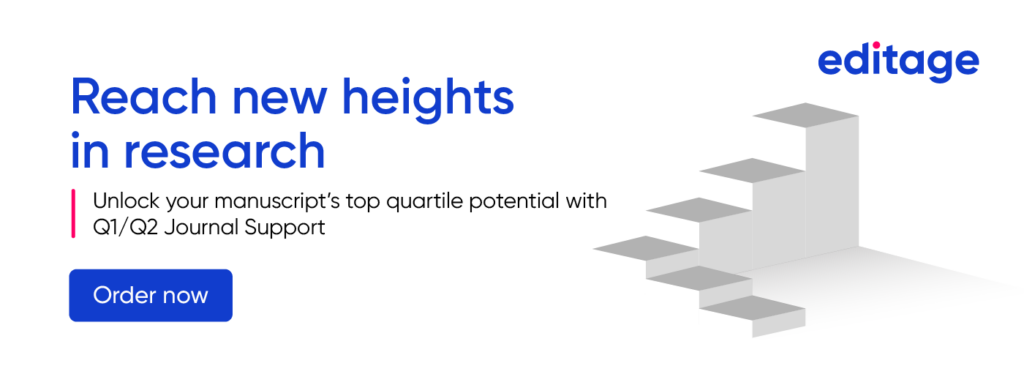
|
Getting your Trinity Audio player ready...
|
Getting published in a reputed academic journal is a priority for many researchers, especially early career researchers. But making sure a journal is “reputed” can be difficult; the best-known journals in your field are often the hardest to get accepted into. So researchers have to find other, comparatively lesser-known journals that are likely to accept their paper, but make sure they are legitimate journals that follow a proper peer review process. That’s why researchers use accredited journal databases to identify the right journal for their paper. One of the most popular of these is Scopus, curated by the renowned academic publisher Elsevier. Scopus-indexed journals are often very popular.
What are Scopus-indexed journals?
Scopus-indexed journals are those included in the Scopus database. Any journal that wants to be included in Scopus is checked and chosen by an independent group called the Content Selection and Advisory Board (CSAB). This group is made up of scientists and researchers from around the world who have experience as journal editors. They represent the main scientific fields that Scopus covers.
See also: Are Scopus indexed journals part of the Thomson Reuters journal list?
Why publish in a Scopus-indexed journal?
Scopus is a well-known and widely respected database; hence, Scopus-indexed journals are also considered “good quality.” Researchers believe that publishing in such journals can boost their reputation as well as the credibility and visibility of their research, ultimately advancing their scientific career. Scopus also has its own ranking system, enabling researchers to make an informed choice about the quality of journal they are choosing for their paper.
Benefits of publishing in Scopus-indexed journals
Why do so many researchers want to publish in Scopus-indexed journals? These are the benefits:
- Your research gets increased visibility, credibility, and accessibility to a global audience
- Valuable feedback from a rigorous peer review to refine your paper
- Reputation as a researcher
- Career development
- Compliance with university or funder requirements
Scopus also offers indexed authors benefits like a free author profile.

Criteria for Scopus indexing
Scopus has a comprehensive content policy and its CSAB constantly evaluates and re-evaluates the journals indexed in the database. At the very minimum, a journal must meet the following criteria:
- Have an International Standard Serial Number (ISSN) registered with the ISSN International Centre
- Publish mostly peer-reviewed scientific content (as opposed to personal commentaries or news reports)
- Have a formal peer review process, the details of which are publicly available
- Content that is accessible and readable for an international audience. Journals can publish in a language other than English but must have article titles and abstracts in English as well.
- Have a formal and publicly available ethics and malpractice policy.
Journals are evaluated by the CSAB along the following parameters:
- Journal policy: editorial policy, type of peer review model followed, internationally diverse editorial board and author pool
- Journal content: quality of research published, clarity and readability of English abstracts, contribution to existing knowledge in the field
- Journal reputation: whether articles from the journal are cited by other Scopus-indexed journals, qualifications and reputation of the journal editor,
- Availability and regularity: whether the journal publishes regularly as per schedule, having a clear and easy-to-navigate home page in both English and any other language, whether journal content is fully available online (not necessarily open access)
Identifying Scopus-indexed journals
There are plenty of ways you can check if a journal is Scopus-indexed.
- Most journals will mention on their website (in the About section) where they are indexed.
- You can go to www.scopus.com and then to the Sources tab.
- You can use an independent and reliable journal finder tool, like Editage’s Global Journal Database and look up your target journal.
What to consider when submitting to a Scopus-indexed journal
Scopus-indexed journals are generally reputable and reliable, a safe choice for researchers. When submitting your paper to a Scopus-indexed journal, you need to consider the same things as you would for any other journal:
- Match with journal aims and scope
- Adherence to journal guidelines regarding length, format, etc.
- Whether the quality of research and writing meets the journal’s standards
- Article processing charges and other fees
- Peer review model followed
- Open access policy (if your funder(s) require open access)
- Time taken to publication
- Reputation in your field








